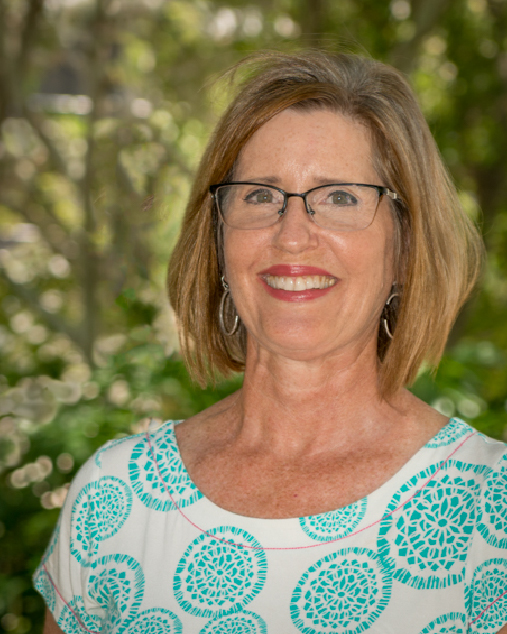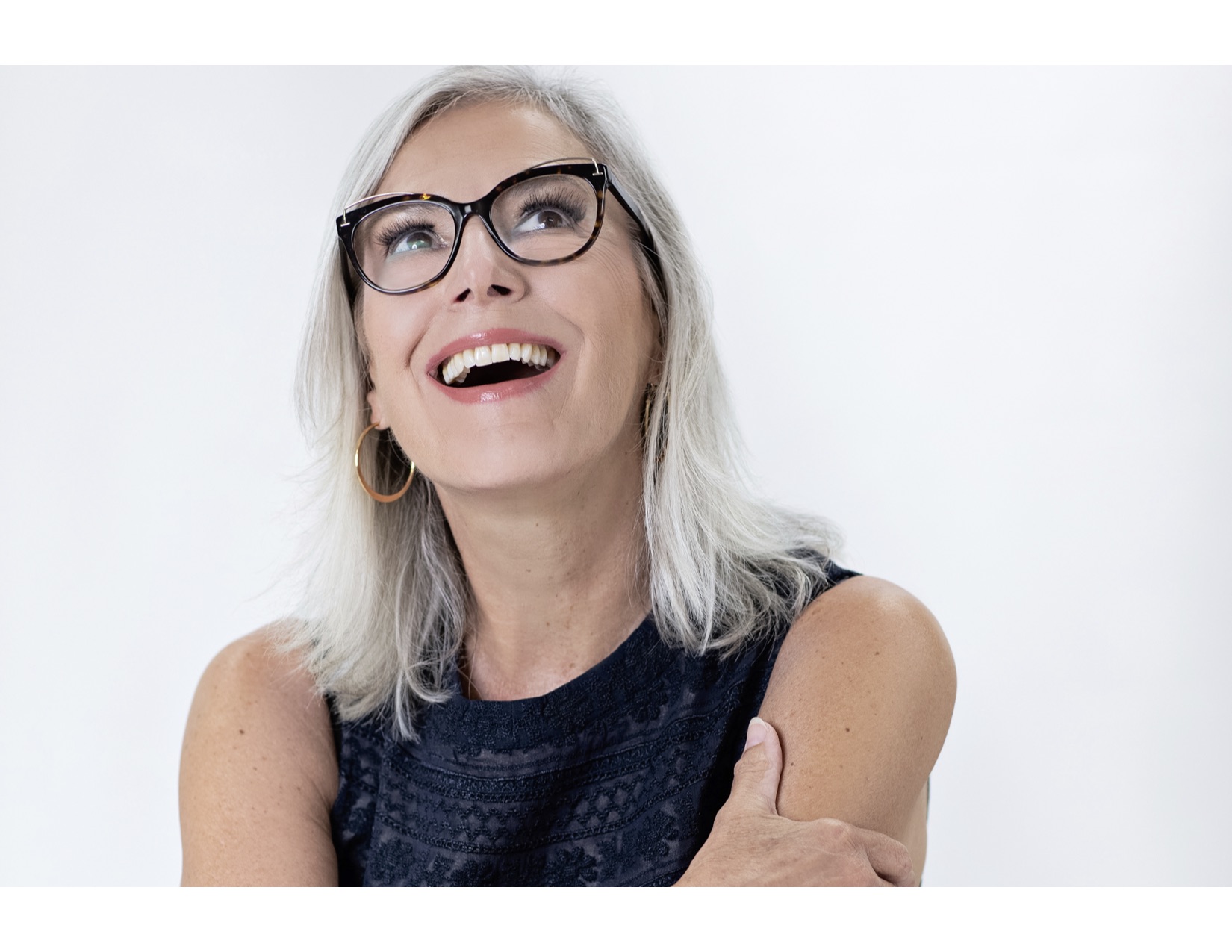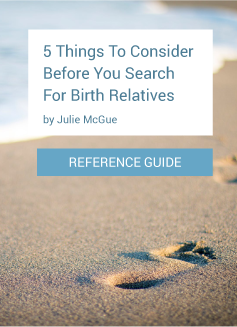Everyone Called Him Jack By Guest Blogger, Diane Dewey

Julie McGue
Author

This the second installment in a series of posts about fathers. Author and podcast host Diane Dewey shares memories about both of her fathers– the one she knew as Dad and the other father whom she met later in life.
With a visual arts background, Diane worked at the Solomon R. Guggenheim Museum in New York during the 1990’s, and other galleries before starting her independent art appraisal business, The Realization of Art. Diane attended Villanova University, The Art Institute of Philadelphia, New York University School of Appraisal Studies and finally, Capella University, where she received a Master of Science degree in Mental Health Counseling. Diane, her husband Peter, and their Dachshund, Artie, divide their time between Schaffhausen, Switzerland and St. Petersburg, Florida. Her memoir, Fixing the Fates, about being found by her Swiss biological father setting these wheels in motion, was published by She Writes Press.
Everyone called him Jack, but only I could call him Dad
Memories of my father invariably revolved around his work at General Electric Missile and Space Division in Valley Forge Pennsylvania. His discount at the GE Employee Store meant that I had a pink electric shaver before any of my friends did when we were age twelve and shaving our legs in the sink. And, if it weren’t for my dad, who submitted an article and photograph to the company newspaper when I was adopted from Germany at age one and half, our family would never have become boaters on the Chesapeake Bay. In addition to space technology, Jack Keough, loved the sea, the stars—all of nature. This we shared.
One memory stood out. My father had come home from work with three spacesuits that were being tested for buoyancy at the lab. We folded them into the trunk of our car, crammed around the five or six brown bags of canned goods and stuff my mother would pack for our weekend at the boat. When we headed out into the channel with the engine roaring and I was intoxicated with the smell of gasoline, the marina receded to a row of pilings as small as specks. I felt the allure of our contraband spacesuits onboard.
Once we anchored in Vesey’s Cove and darkness fell, we put on the thick, crinkled, silvery skins and jumped into the water like fish about to be braised in foil. My mother, my father, and I floated in the moonlit sea, laughing at ourselves and the giddiness of our effortlessness to stay afloat. In that ferrous-scented water, lucid and silky, I felt as if we had never been so close as a family. A sense of permanency seemed at that moment to be in our gloved and flailing hands. (Partially Excerpted from Fixing the Fates, a Memoir, Compiled May 26, 2021)
*****
My biological father, Otto Habich died on November 11, 2018, in Zurich after a long battle with Parkinson’s Disease. He was ninety years old. His curriculum vitae attested to a life well lived. (Otto took part in eighteen cross country ski marathons, won some, and had a forty-five year banking career with Credit Suisse.) Of the many times we said good-bye, the last was bittersweet. We headed for his green front door from the dining room winter garden. Although Otto could no longer walk, we stepped together, me inching backwards with my hands outstretched, Otto mincing forward, holding my hands for support. After a lovely midday meal with Katia and Bert, Otto was exhausted by the exertion. He cursed the Parkinson’s and said he felt ashamed about his inability to get around. I assured him there was nothing to be ashamed of, that this was life—much as I had tried to do with his past. Three times we kissed, and I held on to his hands an extra minute, careful not to crush him with my hug.
We had said everything we could to one another; for me, because there wasn’t anything more to say and for him, because he could say nothing more. What had Otto meant to my life? He was an answer and a question, a core that was previously unidentified and never fully disclosed, a person who mattered and taught me more about the human condition than either he or I could have imagined. The bond between us was deep, our greetings and partings formed a cherished rhythm. I can still hear him say, “C’est la vie, c’est la guerre,” but with a catch in his throat.
Otto was a man with his own rituals, callings, and purposes, at once simple, complex, and disarming. We existed in a liminal space, knowing what could have been and what actually was. Our relationship lay between artifice and facts, between my conjured expectations and his self-regard. His doggedness and willingness to show up was an unfathomable thing—as my mother said, “Unless you’re in it, you can’t grasp it.” Otto could have remained an absence, but instead he made himself visible and went on to be for sixteen years a remarkable and indelible presence in my life. I shall always be thankful for that.
If there is any man or woman reading this who toys with stepping out from the shadows and into the light of the life of someone that he or she has abandoned, I say this: Do it. Take the risk. Because Otto has brought to me a peace that surpasses understanding, and I was an elixir to him. (Excerpted from Fixing the Fates, A Memoir by Diane Dewey. Compiled May 26, 2021.)
“If there is any man or woman reading this who toys with stepping out from the shadows and into the light of the life of someone that he or she has abandoned, I say this: Do it. Take the risk. Because Otto has brought to me a peace that surpasses understanding, and I was an elixir to him.”
Before you begin your search for your birth relatives…
Snag my in-depth reference guide to best equip you for the journey ahead.



